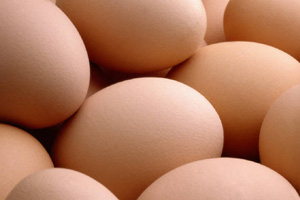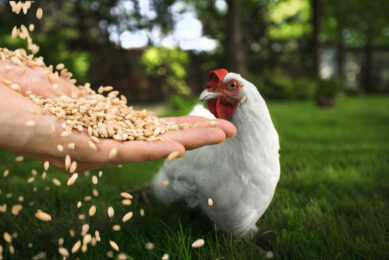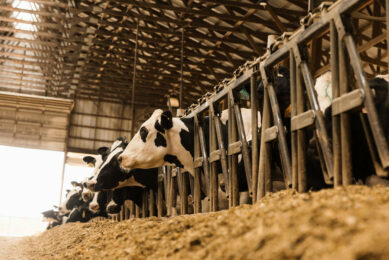Excentials’ shares insights on betaine and organic selenium

At the 24th World’s Poultry Congress held in Salvador do Bahia, Brazil, Excentials’ Dr Bernardo Suarez presented the latest trials on bioavailability of the two feed additives of interest to the feed community, betaine and selenium.
Representing Excentials BV, Dr Bernardo Suarez attended the Venue. State of the art research performed by Orffa – Excentials, the Institute for Agricultural and Fisheries Research (ILVO) & Ghent University was exhibited. Abstracts of the original articles entitled as: “Biological Evaluation of Different Betaine Sources” & “Bioavailability Evaluation of Excential Selenomethionine, an Enriched Se Yeast and an Inorganic Se Source in laying hens’ performance and Se eggs’ concentration” Both trials providing more insight in bio-availability of different feed additives. Both trials are performed under the scope and supervision of Excentials’ R&D programme.
First abstract published was entitled “Biological Evaluation of Different Betaine Sources”. Performed in collaboration with the University of Ghent (Belgium) a scientific solution was offered for an everlasting question: “Is natural betaine extracted from sugar beets intrinsic different than betaine hydrochloride by synthetic production?”. Suarez in collaboration with Professor De Kimpe proved that after gastric passage the molecular structure of both tested betaine sources were exactly identical ensuring both type of products are isonutricious and can be implemented similarly in feed formulation.
Key feature for proper betaine hydrochloride production to keep in mind is the crystallisation of the molecule and proper use of free flowing agents to provide a non-hygroscopic solution.
Non-hygroscopic betaine hydrochloride is offered within EU by Orffa under brand Beta-Key and worldwide by Excentials as Excential Beta-Key.
Second topic touched by Suarez was the differentiation of Selenomethionine versus organic selenium from Selenium yeast. In collaboration with ILVO institute from Belgium the relative bio-availability of different sources and levels of selenium were tested in laying hens. This trial confirmed that a dose-response effect can be noticed of selenium deposition in eggs when increasing the dosage. It proved that at all tested dosages the deposition of selenium was significantly increased in the following order:
Negative Control < inorganic selenium (Selenite) < Seleniumyeast < Selenomethionine.
Selenomethionine is a new generation of organic selenium that outperforms currently used organic selenium from selenium yeast. Selenomethionine is currently being registered by Excentials under it’s own brand in many countries worldwide amongst others FDA approval in USA.











